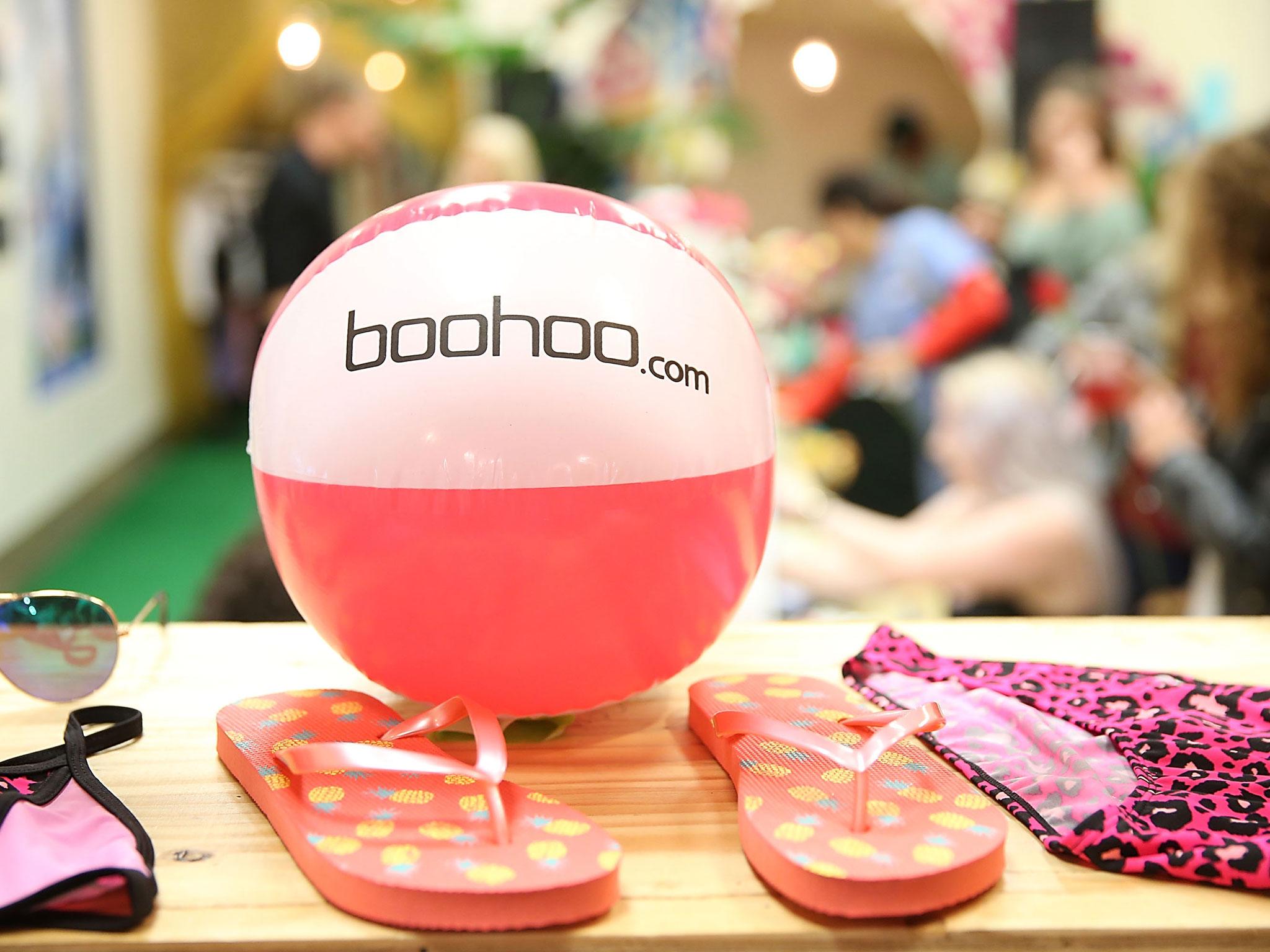Boohoo's sales growth says heaps about our environmental priorities – but avoiding fast fashion is easier than you think
We've chosen convenience over caring, but whatever the motivation, we need a conscious consumer revolution


In a month over-saturated with virtue signalling, from Veganuary displays to #ecoresolutions pledges, why aren’t we challenging how we consume fashion?
We may have banned straws, but fast fashion is still growing as an industry and we don't seem to care. How long can this continue?
Fast fashion is deeply problematic: there are issues abound concerning garment workers’ rights and wages, water pollution, and landfill, to name a few. But while these problems are increasingly visible in the mainstream, it isn’t changing our habits fast enough.
It’s no wonder we feel a pressure to shop; we are overwhelmed by aspirational imagery and constantly recorded. If you follow influencers or celebrities, you are bombarded with new “outfits of the day” and associated advertising carefully curated to look like picture-perfect extensions of the lives of influencers.
This week, online retailer Boohoo announced sales across all its brands were up by the end of 2018. Boohoo along with many other online retail platforms use convenience of purchase and low cost to push sales.
These pieces may be low in monetary value, but they are definitely costing us more in the long run. Using platforms like Instagram, brands target us by lurring us to buy the next best thing with campaigns supported by social media influencers and the newest Love Island cast members, all whom are gifted the majority of their wardrobes.
As a fashion designer, I am not against shopping, but we are buying too much and at a rate that cannot continue. The fast fashion industry works by meeting demand with supply, and that demand must shrink.
On average we buy 60 per cent more clothing each year and keep items for half as long as we did 15 years ago.
We often justify shopping by suggesting that we will donate cast-offs to charity, but on average actually only 10-30 per cent of charity donations are reported as sold in stores and the rest is largely shipped overseas, often to countries in the East African Community (EAC). But as the EAC announced in 2015, second-hand apparel would be banned from their markets by 2019.
The majority of fast fashion garments are plastic-based or mixed fibres, which cannot be recycled and will not naturally decompose in landfill. We need to find new solutions. Shopping for clothes has become a passive act; with a few clicks we can have a whole new look delivered to our door the following day.
I’m part of a community that loves fashion, but is trying to tackle its negative impact: small changes add up to a huge difference. From charity shops, shopping vintage, or using apps like Depop, we can still get that new purchase buzz. If you’re buying new from major retailers, think about how pieces work with the rest of your wardrobe and how you can style them differently to increase longevity.
If it’s not a forever piece, take it to a clothes swap or swap with a friend when you grow bored of it.
Organisations like Fashion Revolution offer valuable guidance when shopping on the high street.
My label began by upcycling second-hand garments. I knew from the outset that I couldn’t produce luxury goods that would present a fun, colourful aesthetic while also perpetuating a negative environment.
I now work with DIY crochet patterns; selling luxury jumpers didn't challenge the excesses of consumerism, but arming others with the skills to make their own clothes just might.

Learning how to make or mend our own clothes can have a huge impact on our environment. The Waste and Resources Action Programme’s (WRAP) research has shown that increasing a garment’s active life by just nine months would reduce the annual carbon, water and waste footprints of UK clothing by 20-30 per cent.
However, we have heard these stats before and behaviour hasn’t changed, so if we won’t reform our habits for the planet, can we be encouraged to change our habits for personal gratification?
Knitting, crocheting and sewing have proven positive health benefits, such as countering depression and chronic pain. Shopping vintage, second-hand and swapping means you get the current trends at a reduced price, saving yourself money, while spending money in a charity shop also directly benefits others.
All of these ways of engaging with fashion can have an instant positive personal effect and help reduce the waste going to landfill, resulting in guilt-free shopping.
We have currently chosen convenience over caring, but whatever the motivation, we need a conscious consumer revolution.
Katie Jones is a luxury knitwear designer who teams aesthetics with ethics
Join our commenting forum
Join thought-provoking conversations, follow other Independent readers and see their replies
Comments
Bookmark popover
Removed from bookmarks